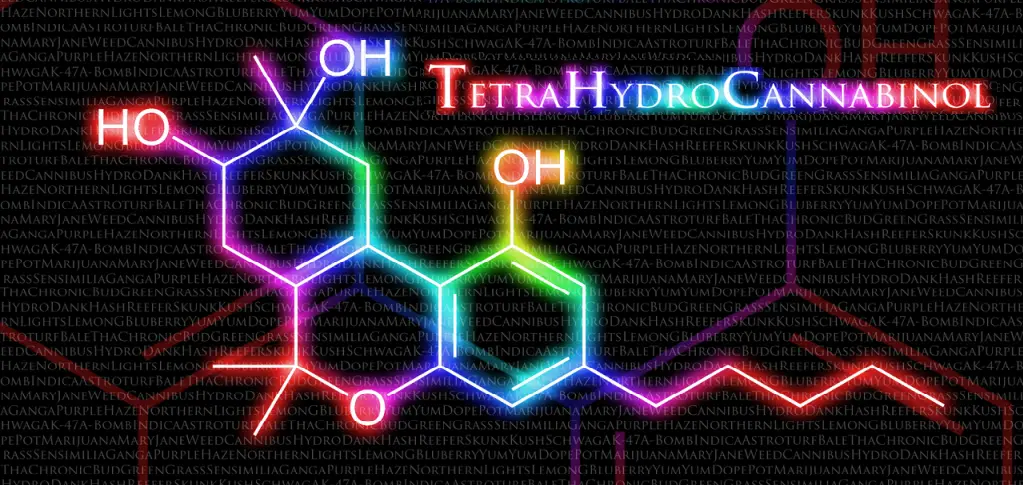| Online: | |
| Visits: | |
| Stories: |

| Story Views | |
| Now: | |
| Last Hour: | |
| Last 24 Hours: | |
| Total: | |
The Chemistry of a Cannabis High: How THC’s Psychoactive Properties Protect the Brain
1st May 2014
By Marco Torres
Guest Writer for Wake Up World
Many testing methodologies for cannabis are now significant due to the amount of fake and toxic weed on the market. More agencies are responsible for knowing how safe cannabis is when used for our health purposes. The answer is “very safe” as long as it’s pure. The experience of recreational users gives us some information, but we must understand safety issues in patients who have diseases like high blood pressure or diabetes so they can safely consume cannabis without impurities tainting a therapeutic approach that is far more effective than any drug in existence.
Drug companies are now routinely grinding up pure Cannabis Sativa and creating synthetic versions of delta-9-tetrahydrocannabinol or synthetic ajulemic acid (AjA) and combining it with gelatin, glycerin, iron colored oxides, titanium dioxide and marketing this drugs to doctors and hospitals under the name marinol. However, it doesn’t seem to interact with brain cells in the same way as the plant form, and although it generates no “high”, the molecular mimic of THC does not appear to be as effective as the real thing.
Although the medical benefits of cannabis are suppressed by the pharmaceutical industry that fears its powerful therapeutic properties, this hasn’t stopped users of medical cannabis from relieving chronic ailments, including cancer and post-traumatic stress disorder, to combat pain, insomnia, lack of appetite, and other symptoms. The proven benefits of cannabis clearly indicate it is one of the most significant healing plants on Earth.
THC’s Psychoactive Properties Prevent Brain Damage From Other Toxic Drugs
In another blow and contradiction to mainstream scientific claims which consistently report that Cannabis causes brain damage, a recent study shows the opposite. Research published in the journals Behavioural Brain Research andExperimental Brain Research demonstrated that even extremely low doses of THC (cannabis’ psychoactive component) — around 1,000 to 10,000 times less than that in a conventional cannabis cigarette — can jumpstart biochemical processes which protect brain cells and preserve cognitive function.
In fact, low doses of THC protect the brain both before and after injury, say researchers from Tel Aviv University (TAU).
Dozens of studies have made pseudoscientific attempts to indicate that young people who use cannabis tend to experience psychological problems, mental decline, neurological damage and even schizophrenia. However, there is no evidence that cannabis use is directly linked with such problems, according to a previous study published in The Lancet and cannabis has been.
Previous articles by Marco:
- Another Reason Marijuana is Illegal: It Prevents the Spread of HIV
- Researchers Link Birth Defects with Mothers’ Proximity to Natural Gas Development
- The 10 Most Addictive Substances – Guess Which One is Not on the List?
- The U.S. Government Have Given One Man Over 130,000 Cannabis Cigarettes Since 1983 … for Bone Cancer!
- 4 Diseases That Can Be Reversed Naturally Without Pharmaceutical Drugs
- Teens are Not Convinced that Sunscreen Prevents Disease
- Woman Shrinks Inoperable Mass, Heals Her Thyroid Disease With Cannabis Oil
- Playing God: 4 Geoengineering Projects Doomed To Fail While Polluting The Earth
- 5 Big Signs The Global Engine of Deceit, Lies and Control Are Coming To End
- Man Heals His Excruciating Pain With Cannabis After A Battery of Pharmaceuticals Failed
Follow Wake Up World On…
[FACEBOOK]: http://www.facebook.com/joinwakeupworld
[PINTEREST]: http://pinterest.com/wakeupword/
[TWITTER]: http://twitter.com/joinwakeupworld
[YOUTUBE]: http://www.youtube.com/joinwakeupworld
[GOOGLE PLUS]: https://plus.google.com/112452105795129310867/posts
[WEBSITE]: http://wakeup-world.com




